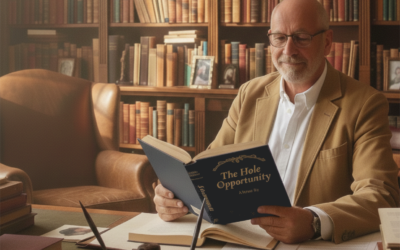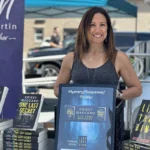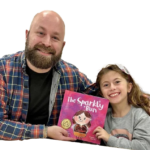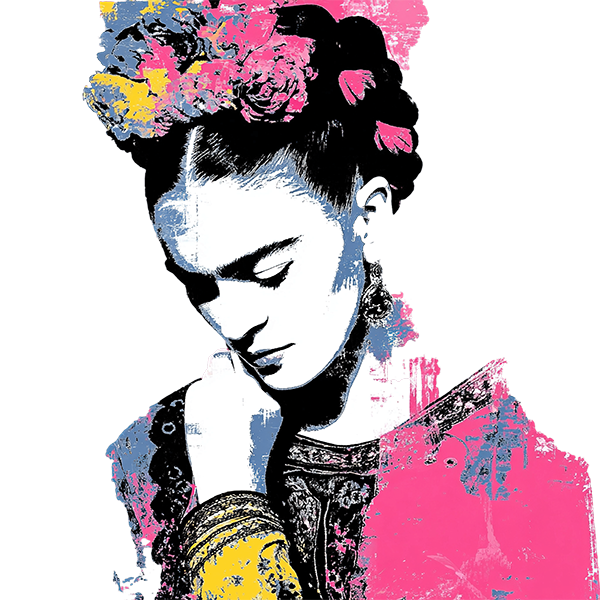H. W. “Buzz” Bernard Explores War, Weather And The Human Spirit
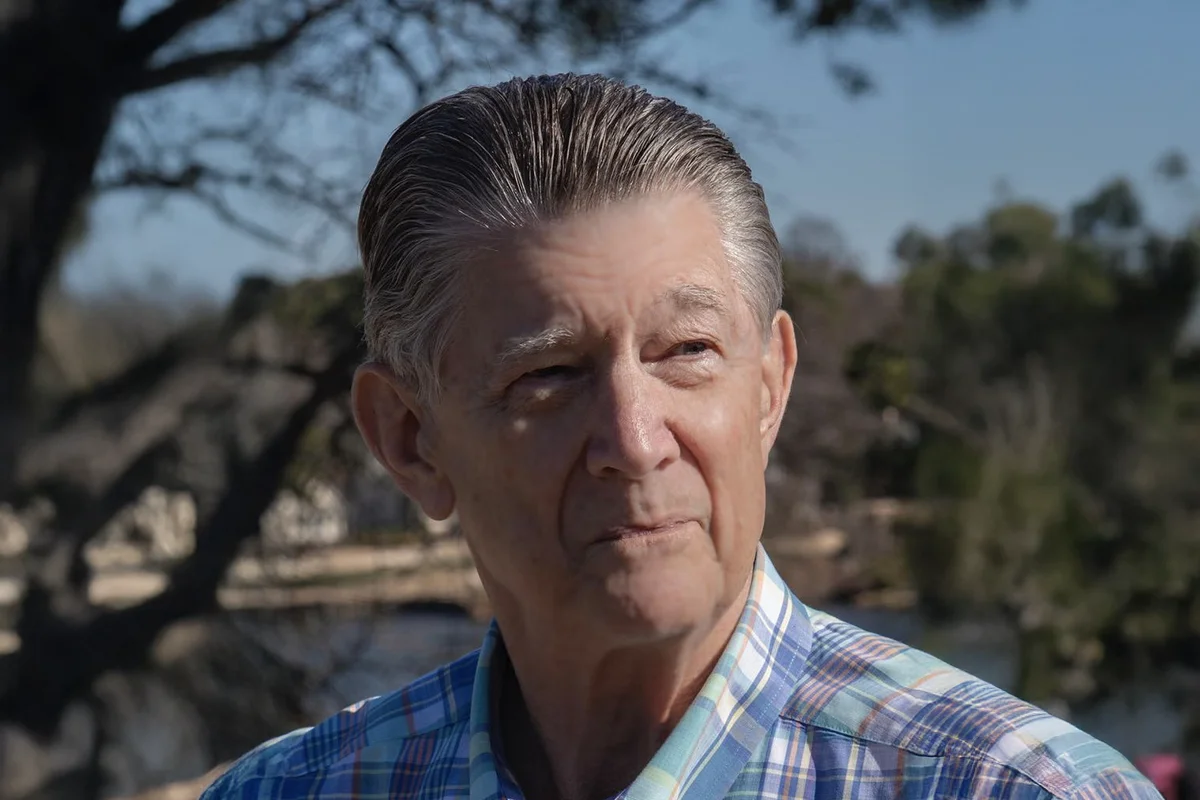
PHOTO: H. W. “Buzz” Bernard, bestselling author and retired U.S. Air Force colonel, blends military insight and meteorological expertise in his compelling historical novels.
Award-Winning Author Brings Military Expertise And Meteorological Precision To Gripping Historical Fiction That Delves Into Courage, Conscience, And Survival
H. W. “Buzz” Bernard combines decades of military and meteorological experience to craft WWII historical novels that explore bravery, moral complexity, and the human side of history.
H. W. “Buzz” Bernard has lived many lives—military officer, meteorologist, bestselling novelist—and through each, he has woven a remarkable thread of truth, precision, and human depth. A veteran of the U.S. Air Force who rose to the rank of colonel, Bernard later became a senior meteorologist at The Weather Channel. Yet it was fiction, particularly stories anchored in the storms of war and weather, that revealed his lasting voice. His novels carry the weight of lived experience, yet move with the urgency of a heart always searching for meaning amid chaos.
With Eyewall, Bernard introduced readers to the razor edge of natural disaster, grounding suspense in scientific reality. His shift to WWII historical fiction with the When Heroes Flew series revealed an even deeper resonance: a desire to understand not just the events of war, but the human hearts behind them. His characters are young men navigating fear, grief, and duty, rendered with a tender attention that refuses to flinch.
Bernard’s work combines authenticity, emotional depth, and compelling storytelling, earning him acclaim from readers and peers alike.
Bernard’s Down a Dark Road demonstrates his sensitivity to moral complexity, exploring the lingering effects of war on conscience. His narratives grapple thoughtfully with courage, accountability, and the consequences that outlive combat.
Bernard explains that his meteorological background deeply informs his disaster thrillers: “When I write about disasters, I make every effort to keep them within the realm of reality. I may ‘stretch the envelope,’ but I don’t make up events beyond what science tells us could happen.”
His fascination with WWII history was sparked in 2000 after seeing a documentary on the Ploesti oil raids, highlighting the bravery and unimaginable risks faced by B-24 bomber crews. “I wanted to explore more than just the combat itself, but also the emotions and feelings of the (mostly) young men who flew the raid,” he says.
Accolades such as multiple Gold Medals from the Military Writers Society of America recognise Bernard’s success in capturing the spirit, bravery, and professionalism of the American soldier.
Bernard’s military and meteorological experience enriches the authenticity of his writing. “When I write about military conditions, I draw on my experiences in Vietnam to give what I write a bit of verisimilitude. As far as atmospheric conditions go, I make certain they are always appropriate to the season and geographical location,” he explains.
His writing journey has also revealed the role of timing and luck in success. His debut novel Eyewall became a Kindle bestseller, partly because it coincided with the rise of eBooks and Amazon’s growing influence in publishing.
Balancing technical accuracy with narrative tension remains a constant challenge. Bernard shares, “In my current novel about the forecasters of D-Day, I walk a very fine line between maintaining historical accuracy and injecting enough tension to keep readers turning pages.”
For aspiring historical fiction writers, Bernard advises mastering the craft of novel writing and committing to extensive research. “Writing historical fiction is like having homework for the rest of your life. And then you die,” he wryly notes.
H. W. “Buzz” Bernard’s novels offer more than entertainment; they are carefully researched explorations of history, courage, and the moral complexity of human life. His work reminds readers that history is never truly behind us—it lives on in the stories we choose to tell.


